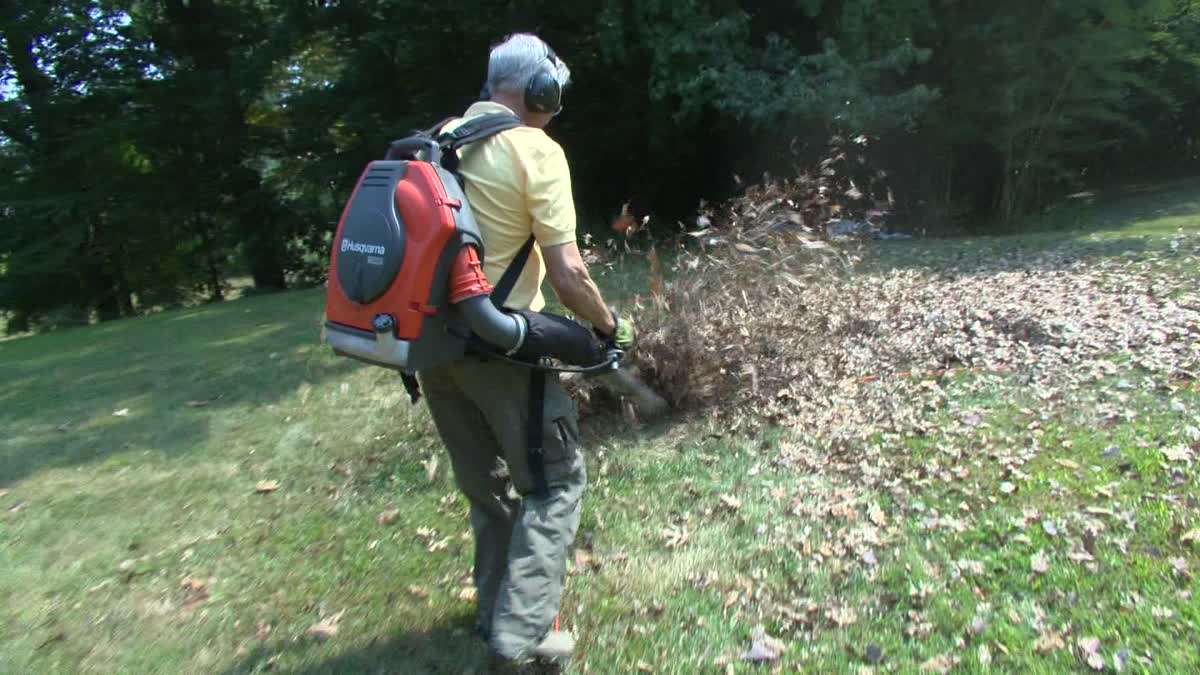As health officials classify the new, highly-transmissible COVID-19 variant "Omicron," questions have begun to spiral over the threat to those in Chicago and across the U.S.
Omicron, which was first detected in South Africa, has been classified by the World Health Organization on Friday as a variant of concern based on its "concerning properties."
Here's what we know so far:
Why has omicron been named a 'variant of concern?'
Feeling out of the loop? We'll catch you up on the Chicago news you need to know. Sign up for the weekly Chicago Catch-Up newsletter here.
Variants of concern, which include alpha, beta and delta, and now omicron, have shown to spread more easily, cause more serious disease, or dent the effectiveness of vaccines and other COVID-fighting tools. They’re more worrying than the variants of interest — like mu and lambda — that have affected aspects like transmissibility and severity of the disease but aren't as transmissible.
WHO Health Emergencies Programme COVID-19 Technical Lead Dr. Maria Van Kerkhove said early evidence on omicron, known by the technical term B.1.1.529, shows that the variant has a large number of mutations, some of which have concerning characteristics.
Omicron has also shown to have an increased risk of reinfection compared to other highly transmissible variants, indicating that people who contracted COVID and recovered could be more subject to catching it again with this variant.
Local
The WHO suggested that the variant could pose greater risks than the delta variant, which was first detected in India and has been causing ravages worldwide.
Have any cases been detected in Chicago?
No. As of Saturday, no cases of omicron have officially been detected across the U.S., according to health officials. The Chicago Department of Public Health noted, however, that they are "don't know" if the variant has reached America yet.
Omicron has thus far been seen in travelers to Belgium, Hong Kong and Israel, as well as in southern Africa.
Which variants are in Illinois as of now?
These were the COVID variants in Illinois, as of Friday:
Alpha (B.1.1.7): 7,063
Beta (B.1.351): 112
Delta (B.1.617.2): 16,486
Delta (AY.1): 34
Delta (AY.2): 29
Delta (AY.3) 3,104
Gamma (P.1): 2,687
What is the Chicago-area doing about the new variant?
Dr. Rachel Rubin, co-lead and senior medical officer for the Cook County Department of Public Health, issued a statement Friday saying officials are unaware whether or not the variant has reached the U.S., but will continue to follow health recommendations.
"We are watching the Omicrom variant very carefully. We don't know if the variant has reached the United States, but given the global concern about the virus, it is more important than ever to continue to follow public health recommendations: Mask Up, Wash Your Hands, Stay Physically Distant, and most importantly, get vaccinated and get your booster as soon as you are eligible. The longer people do not get vaccinated, the risk of deadlier variants increases," Rubin said in a statement.
The White House said Friday that the U.S. will restrict travel from South Africa and seven other countries in the region beginning Monday. President Joe Biden said that means “no travel” to or from the designated countries except for returning U.S. citizens and permanent residents who test negative.
What are other states and countries doing about omicron?
The European Union, along with Canada and Russia, have also announced a pause on flights to and from southern Africa amid growing concerns surrounding the new variant.
On Friday, New York Gov. Kathy Hochul declared a state of emergency amid a recent surge in coronavirus metrics and concern for potential spikes due to both the Delta and Omicron variants.
Going into effect on Dec. 3,the order will allow New York to acquire pandemic-fighting supplies, increase hospital capacity and fight potential staffing shortages. It would also allow the state Health Department to limit non-essential and non-urgent procedures at hospitals.
How's the latest COVID data in Chicago?
Without any identified cases of the omicron variant in Chicago, the city's coronavirus metrics continue to rise, based on the latest data.
According to CDPH, average daily COVID cases are up to 605, which is a 10% increase from last week. Hospitalizations are also up 4% compared to the prior week, while the positivity rate sits at 3.1%, which is up from 2.8% last week.
When will we have more information on Omicron?
According to Van Kerkhove, the WHO Technical Advisory Committee for Virus Evolution will be meeting "regularly" concerning the new variant.
She noted, however, that tests can take days and weeks to receive results that could provide a better understanding of the impacts with omicron.
Until more information is found, Van Kerkhove encouraged people to prevent their exposure to COVID infection by distancing, wearing a mask, avoiding crowded spaces, consistently washing hands and getting vaccinated.



